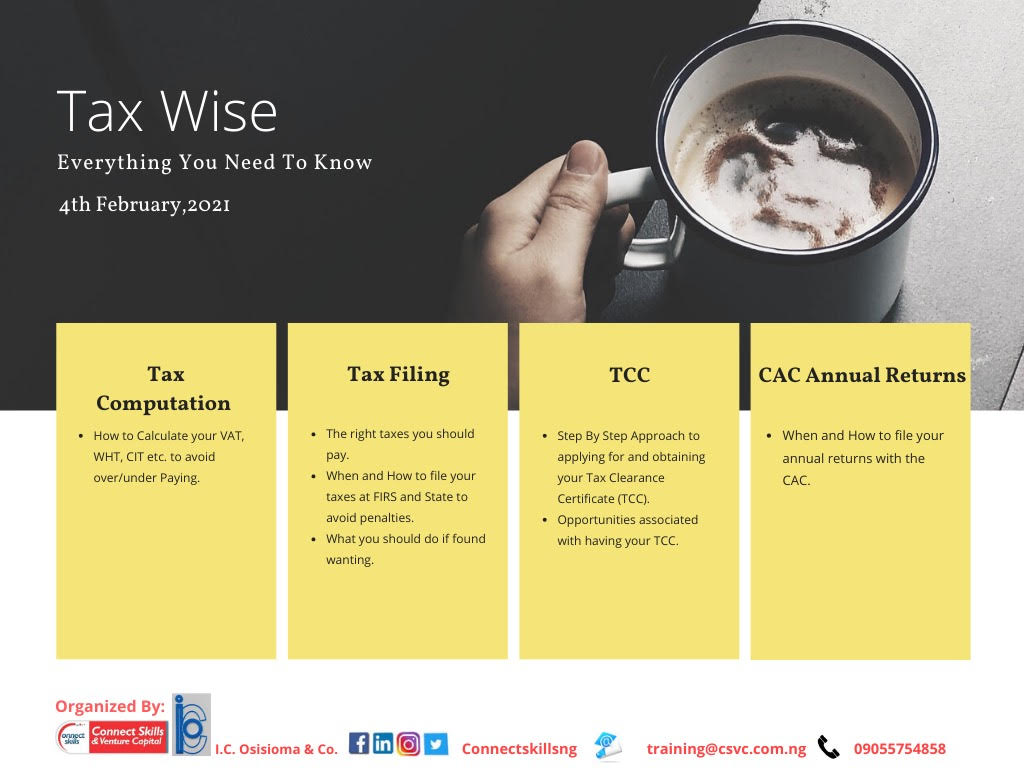COVID19 has altered the way we see the world. This pandemic has made it possible for decades’ worth of digital transformation to have occurred within the space of a few months. It has brought accelerated changes to business and work-digitisation, remote working, and entrenching our reliance on digital infrastructure. In our COVID19-disrupted world, digitalization will play a key role not only in post-COVID-19 recovery plans, but also as we pursue a more resilient, post-pandemic economies in Africa.
This means African countries will have to urgently advance the gains of the massive digitalization we have seen by maintaining the focus on new and emerging technologies as well as investing in research and development. We know that R&D foreign direct investment improves the scientific, technological, and research capabilities of any country and it is connected with productivity uplift; and this leads to increased economic growth and job creation. And this is crucial to our collective existence.
We can ride this massive digitalization wave which holds the potential for us to provide leadership in digital technologies. Let’s take a look.
Driving post-pandemic recovery
There are three areas where we think investment in digitisation would boost the post-pandemic economy. They are: digital skills and education; digitising SMEs; and building fast and secure infrastructure.
The age of long careers (35-40Years) is over. We are witnessing the ascent of continuous learning and career reinvention. But policy makers have to face reality and make the necessary adjustments to address the gap between education and work. We have to tweak our learning and training systems to meet the evolving industry needs.
This will require policy interventions that can help workers benefit from digital technology. They will include: universal access to digital infrastructure, digital tools and learning technologies, and helping Africans to upskill. African government has to develop toolkits that will provide digital and numeracy trainings to help her citizens boost their job prospects. We must digitalize our education to make it pandemic-proof. We must work with other global educational institutions to provide reskill or upskill opportunities especially in AI, data science, machine learning, robotics, and cybersecurity experts to African youths.
More so, we have to urgently develop policy programmes that support links between SMEs and the digital sector. It behooves African government to work with digital providers to make their services available to SMEs at affordable rates or free for a few months. Alternatively, it can work with big businesses by developing a portal where local companies can gain free access to digital services from bigger businesses.
The importance of digitalization cannot be overemphasized. We think future economic growth will be driven by robust digital infrastructure. It is important we invest heavily in this area so we can boost our local and global competitiveness. This can be clearly grasped as countries are using Machine learning and AI to help determine which export markets are best aligned to their products and services.
Similarly, we know that data science is helping nations determine the current and future export opportunities for their local companies. With exponential technologies, we can now have more tailored and granular analysis of opportunities using data about local companies and their products. Data-science approaches are helping us stay up-to-date and ensuring that the most comprehensive information is employed.
Growing our share of digital products
There is a shift in the global supply and demand for digital products and services. African nations have to take advantage of this. We have to join other nations of the world to enjoy the benefits of the massive growth in this space. To succeed in this area, we will have to deploy a coordinated industry-wide effort to take out the barriers and build the right business environment to foster Africa’s digital exports.
Africa’s growing Agrictech sector provides a huge potential for investment attraction and export expansion. If well developed and promoted, we will develop disease-safe production systems. As Digital technology helps in identifying where and how to change food distribution systems, it opens up new opportunities for African farmers. With agrictech platforms, African agricultural produce reach distant buyers cost-effectively and also we can boost domestic supply.
Notably, African countries are dominated by the informal sector and contact-intensive service sectors. With these industry structures, we have seen a sharp drop in global demand and commodity prices have fallen considerably. As a result of our low level of digitization, we have to swiftly build out the digital infrastructure and digital competencies to enable a rapid transition to online business.
With the intensity of digitalization, there is the growth in remote temporary detecting, robot cleaner in hospitals, drone delivery of medicine and infectious person tracking and the rise of tele-health, e-business, online education, online entertainment, and the online conference and online office systems. These are the significant features of a post-COVID-19 society and economy. Beyond these also is the need for investments in green infrastructure, green transports, green communication, green production which can change the long-term structure of African society into something more sustainable.
In all, a post-COVID19 world demands we all work together. African governments need implement measures that go beyond “business as usual” to help their economies. Africa will need global technological, financial cooperation and policy coordination to navigate and prepare our countries to not only beat the shock of the pandemic but also to develop our digital competencies and infrastructure. This will help us from falling behind again in this post-COVID19 economic recovery.
Written by Caesar Keluro, Co-Founder/CEO, Nanocentric Technologies Limited. He leads ‘Make In West Africa’, a regional Think-tank. He tweets @kcaesar










